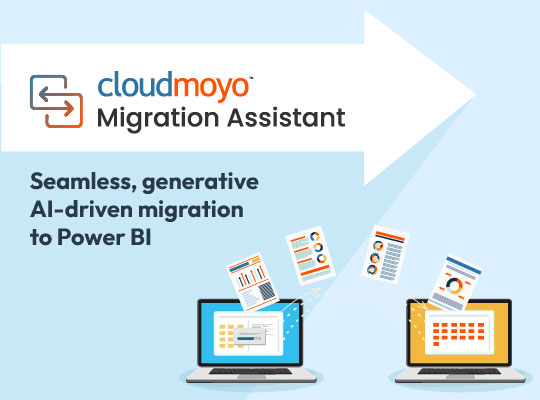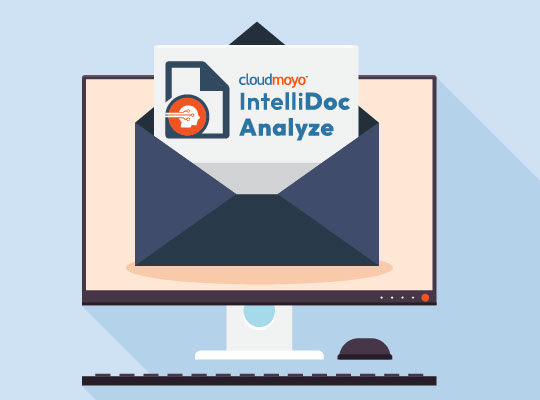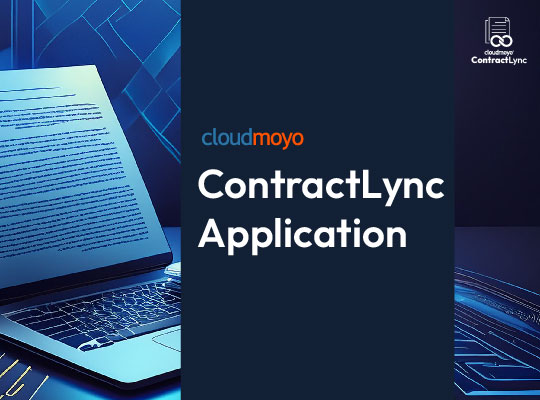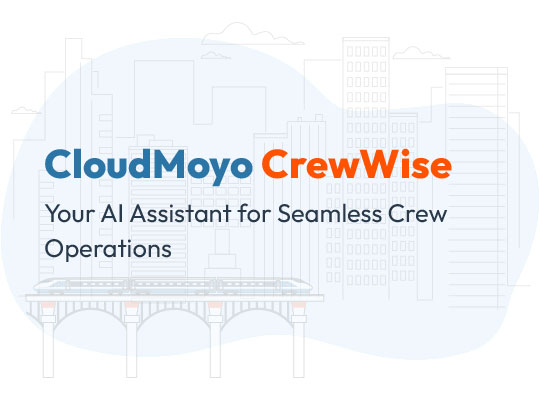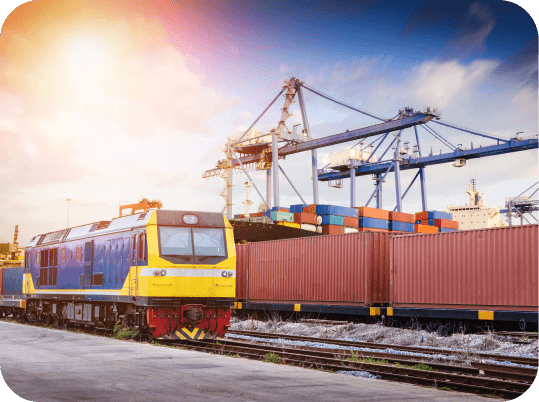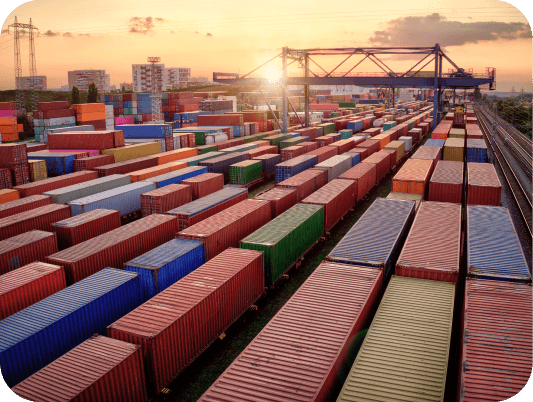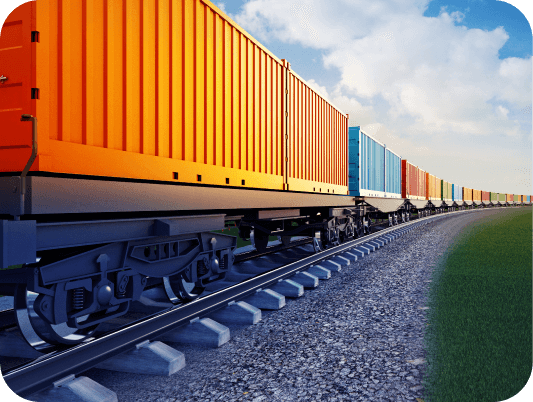The transportation industry is instrumental to our economy and the movement of people and products. Moving goods from one place to another is a complex task, it requires critical attention to detail regarding the status of equipment and machinery to ensure the safety of employees and effective management of resources. The transportation sector is competitive which makes managing data a challenging job for data security professionals. Factors such as fuel cost, demands for services, safety, compliance, and regulations play critical roles in shaping the dynamics of this industry.
Though, many organizations are still dependent on their legacy systems for data management and data analytics requirements, risking their competitive edge. Over time, many organizations have experienced a major data loss and security breach due to the incapability of data management systems with traditional techniques. Technologies like data analytics, data visualization, artificial intelligence, and machine learning help in extracting some breakthrough and actionable insights. Thus, it helps in making intelligent and informed business decisions. Let’s delve into the top business impacts of modern data architecture and cloud analytics for the transportation industry:
From legacy systems to the cloud- How data management and analytics have changed for the transportation industry in the past decade?
In the last decade, data management and analytical technologies have evolved, changing the competitive landscape for many industries including transportation. Here are some of the most common elements responsible for this evolution that businesses in the transportation sector should consider:
● Migration to the cloud– The move to the cloud was fueled by the need for storing huge volumes of enterprise data securely and intelligent technology that accommodates the storage needs of all types of data. Moving to the cloud has also enabled smaller businesses to find a footing in the competitive market space.
● Data visualization– Data visualization helps in converting complex data into actionable insights with self-service BI, KPI, and executive-level dashboards, embedded BI, real-time analytics, etc. The BI capabilities help a business analyze critical data and make well-informed decisions.
● Azure Synapse– The azure synapse analytics can be significant for the transport sector that is facing challenges with data integration and its utilization. It streamlines the analytics processes with better integration of new data sources and data lakes while getting insights they need to run their business.
Azure Synapse helps the transportation industry to gain greater efficiency and agility with location intelligence services. Simply, with azure synapse they can manage, track, and monitor the connectivity of vehicles, freight, shipping, and other resources from anywhere in real-time, with improving quality of services, increased safety, and reduced cost.
Challenges of traditional, on-premises data warehousing system
The ever-growing importance of data has given data warehousing a new approach. Let’s take a look at the top challenges associated with on-premises data warehouse systems:
● Outdated technology– Many traditional data warehouses are built on an inflexible core platform which is difficult to be updated when you are planning to scale. It results in a slow operational process due to outdated servers and processors, and obsolete networking standards. Businesses with such technology deployment may face several issues with data management and analytics and even miss out on important trends in a highly competitive market.
● Lack of integration capabilities – Complex infrastructure cannot often be integrated with other enterprise systems, leading to increased costs, slow processes, and lower agility. The end result is an inability to develop actionable insights and make well-informed decisions on time.
● Increased risk of data loss– Risk of losing data could be a common reason why businesses aren’t relying on these systems for their data storage needs. Many businesses have faced severe events of data loss, data breach incidents. Due to inflexibility and lack of cloud support and security. Secured daily operations with these systems can cost a high amount, time, and even the smallest request can take weeks or sometimes even months to be amended.
Benefits of moving to the cloud for transportation companies.
Here are a few of the advantages of cloud services that might interest you:
● The flexibility and transparency in the cloud– In the transportation sector, with greater benefits of moving to the cloud, organizations are experiencing cost savings, increased efficiency, and more versatility with data processing across multiple data sources. Technology is changing the way the transportation and logistics industry communicates. It is empowering smaller companies to compete with industry giants while expanding the possibilities for the modern supply chains.
As many businesses are embracing the cloud migration, transparency in managing major processes is becoming a key issue in decision making, as firms in the transportation sector are ready to take the risk associated with their operations to achieve cost savings.
● Increase visibility and transparency– Cloud visibility and timely data sharing have enabled businesses to take control of the activities of daily inventory operations, customer interactions, the efficiency of supply chains, and the movement of goods and management. B2B data flows allow the transportation sector to collaborate more effectively with processing transactions and resolving issues. Transparency helps them manage orders, shipments, inventory, and manage transportation.
● Improves services and customer partnerships– Customer data in transportation sectors such as contracts, carriers, routing guides, locations, inventory, shipping, orders, event management, invoice details, payment data can be valuable for you to analyze and draw insights about their needs. With better business insights that are available to use, businesses can have an edge over their competitors. Cloud data analytics helps you save money and time. This will also help businesses provide better services such as better-tracking facilities, platooning, and improve fleet management to the customers to increase retention.
● Enhances data security– This will help the organization in the transportation sector to keep away the risk of losing data and predict the need for data backups or other data protection solutions, a cloud-based solution will save your time and resources.
Leverage modern data architecture for AI and ML needs: automation and predictive analytics for the transportation industry
The transportation industry is rapidly evolving, and modern data architecture can play a vital role in fulfilling the sector’s AI and ML needs. AI and analytics enable you to meet your business objectives along with opening the doors to enterprise-wide digital transformation. These modern technologies can open doors for many innovations and have the potential to improve public transport between different cities and to make the travel fast and secured by analyzing schedules and weather forecasts to predict the effect on users.
Many auto and airline businesses in the industry are using AI and ML capabilities to ensure the safety and quality of life of their users. In turn, this can reduce the number of human mistakes that may occur. It can also determine how to react to a driver error. Recognizing the risks posed by air traffic control is another use of artificial intelligence in transport.
With predictive analytics having a significant impact on the logistics and transportation sector, the industry decision-makers have widely accepted the anticipatory logistics. It helps third-party logistics monitor devices to avoid late shipments, improve shipment status visibility, and prevent any cost related to off-schedule shipments. It also creates new business opportunities to meet visibility requirements
Conclusion
Transportation companies need a data-driven strategy that is based on modern data architecture and facilitates self-service analytics. It not only removes inefficiencies and improves customer support, but also puts efforts to get a competitive edge in the market. Lastly, the transport sector has evolved with technology and is looking for the future of mobility and cloud analytics with modern data architecture solutions.










